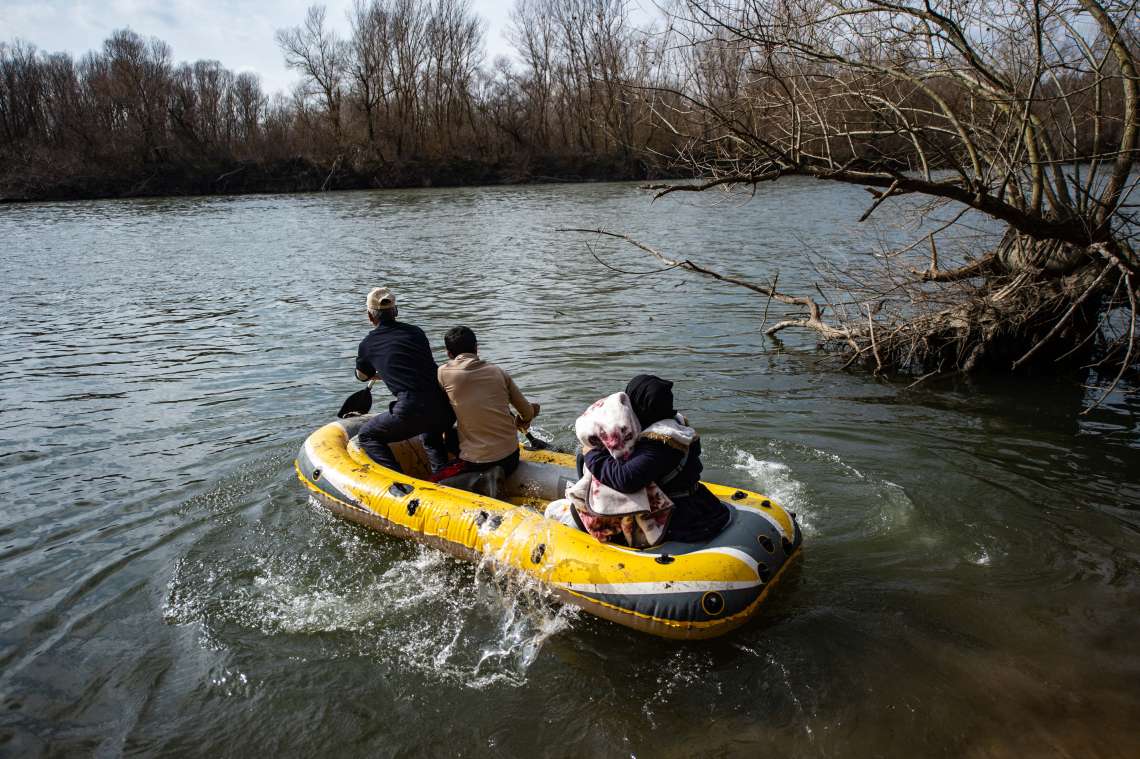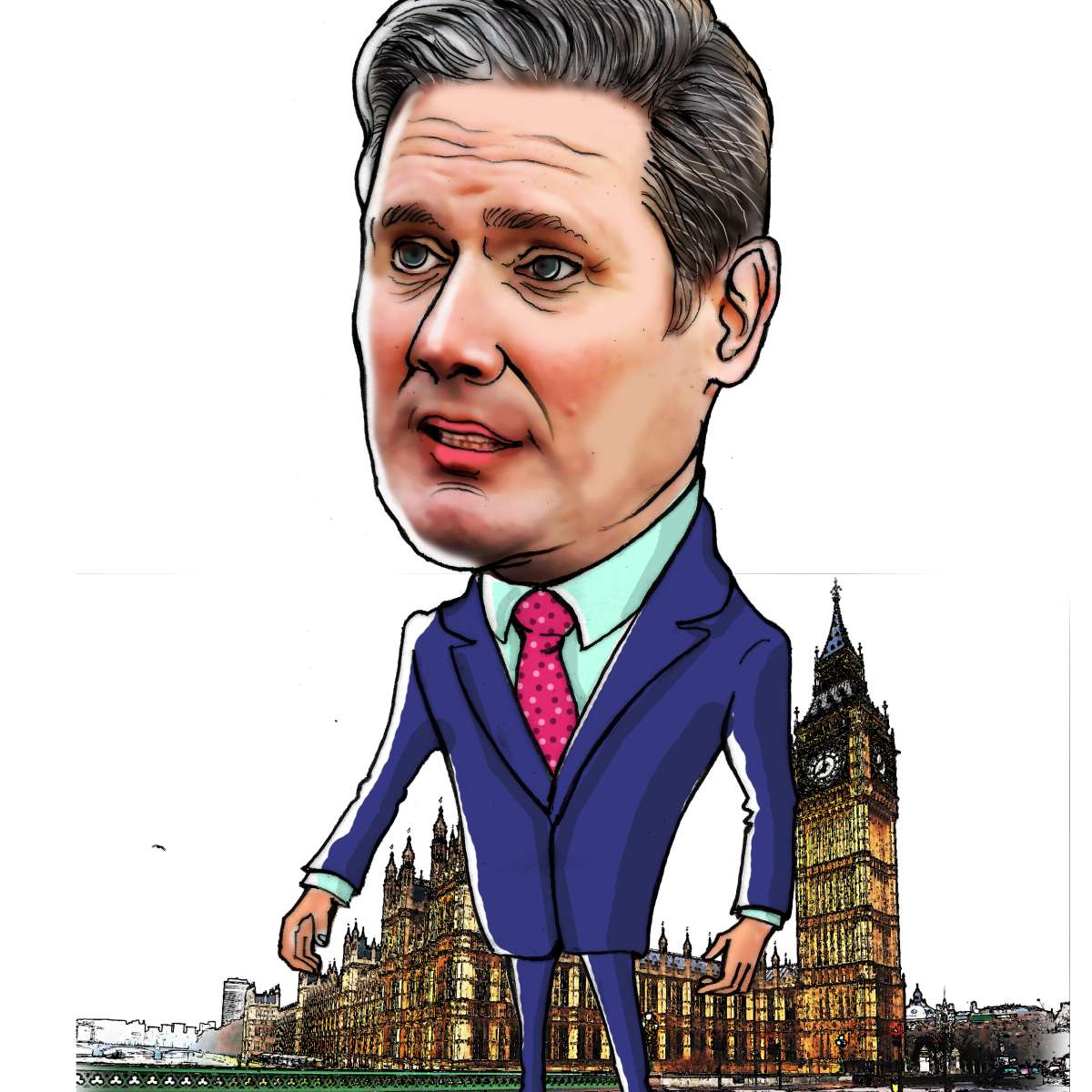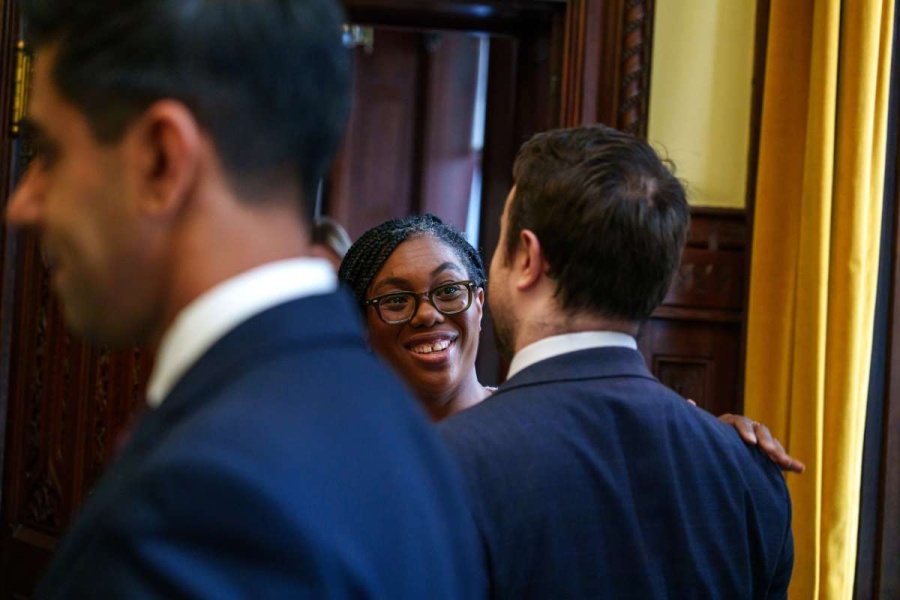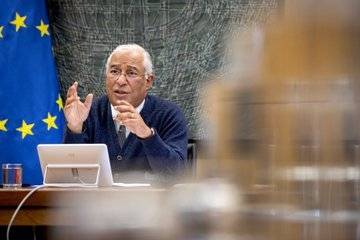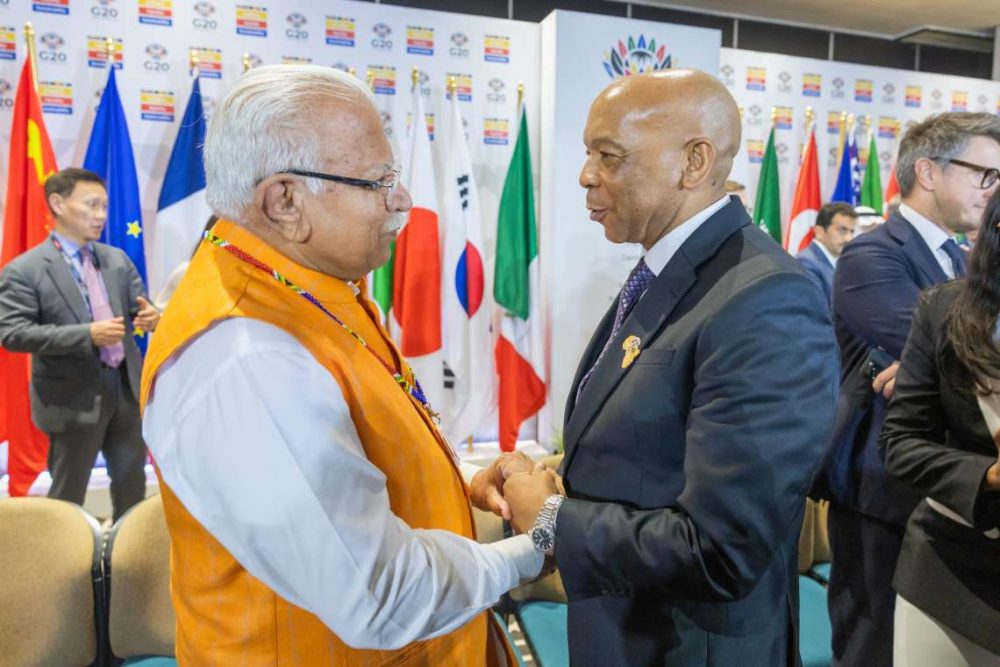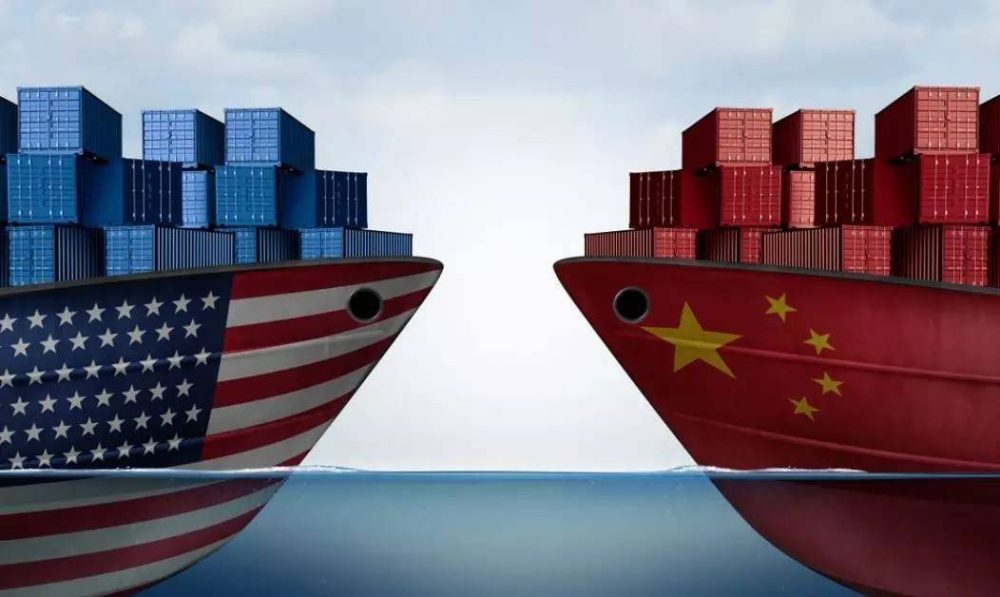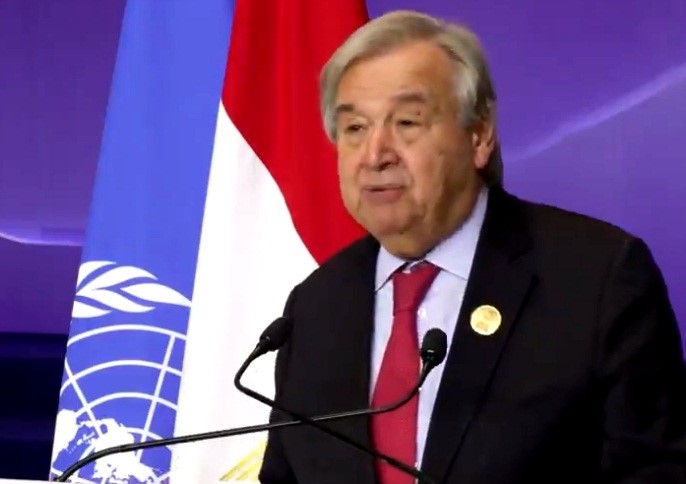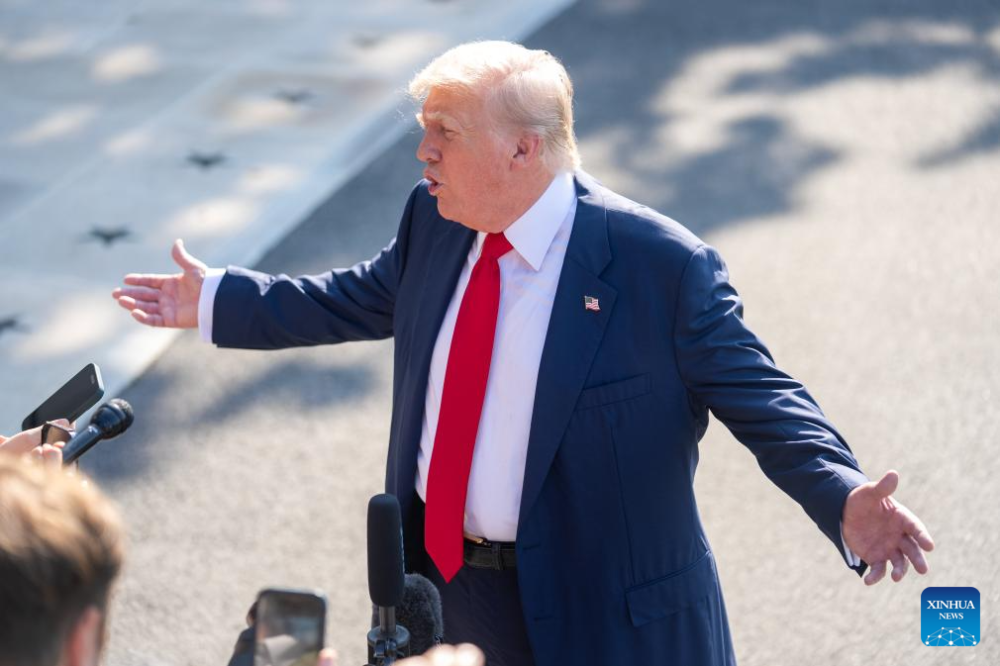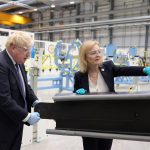More than 14,000 migrants have crossed the Channel to the UK on small boats so far this year. In an attempt to deter the crossings, in April the government announced it would send some asylum seekers deemed to have entered the UK illegally to Rwanda to claim refuge there…reports Asian Lite News
Liz Truss and Rishi Sunak have vowed to toughen controls on migration into the UK as part of their bids to become next Tory leader and prime minister.
Sunak said he would tighten the definition of who qualifies for asylum and introduce a cap on refugee numbers.
Truss said she would extend the UK’s Rwanda asylum plan and increase the number of Border Force staff.
More than 14,000 migrants have crossed the Channel to the UK on small boats so far this year. In an attempt to deter the crossings, in April the government announced it would send some asylum seekers deemed to have entered the UK illegally to Rwanda to claim refuge there.
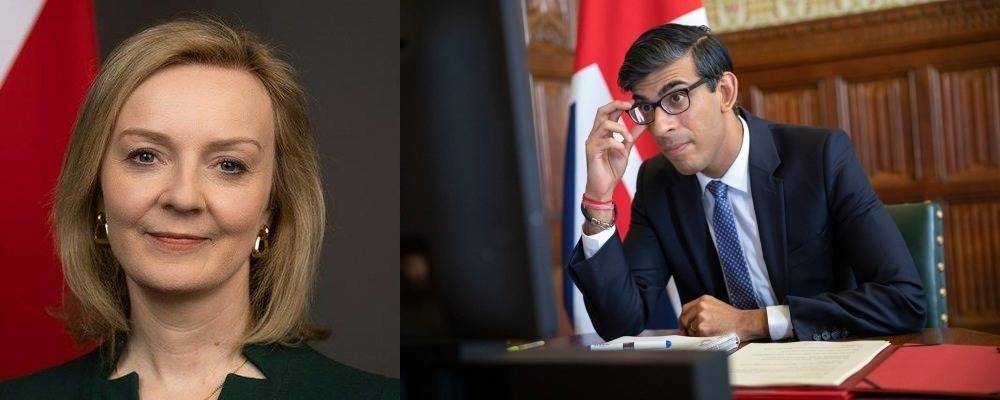
However, no asylum seekers have been sent to the east-African country yet following a series of legal challenges.
The UK stands to lose the £120m it has paid to Rwanda if the plan is ruled unlawful by the courts at an upcoming hearing.
Both leadership hopefuls said they would explore similar deals with other countries.
Foreign Secretary Liz Truss told the Mail on Sunday the Rwanda policy was the right approach and that she was determined to “see it through to full implementation”.
Truss also said that if she became Tory Party leader and prime minister, she would increase Border Force staffing from 9,000 to 10,800.
She has also promised a strengthened UK bill of rights, adding: “I’m determined to end the appalling people trafficking we’re seeing.”
Former chancellor Sunak has also pledged to do “whatever it takes” to make the Rwanda scheme work and described the UK’s migration policy as “broken” and “chaotic”.
His plans would see the UK re-assessing aid, trade terms and visa options on the basis of a country’s willingness to co-operate with the return of failed asylum seekers and offenders.
He has also promised to give Parliament control over how many come to the UK by creating an annual cap on the number of refugees accepted each year, though this could be changed in the case of emergencies.
And he said he would introduce “enhanced powers” to detain, tag and monitor those entering the UK illegally.
He said: “Right now the system is chaotic, with law-abiding citizens seeing boats full of illegal immigrants coming from the safe country of France with our sailors and coastguards seemingly powerless to stop them.”
But shadow home secretary Yvette Cooper criticised the pair’s proposals, saying they were wasting taxpayers’ money on the Rwanda scheme.
She said: “The Conservatives have been in power for 12 years. It beggars belief that they claim to be the ones to sort things out when they have both failed for so long.”
Last month, 47 people were told they would be flown to Rwanda, with a flight booked for 14 June. But after a series of legal challenges the flight was cancelled.
Another flight has not yet been scheduled.
Earlier this week, a Commons select committee cast doubt on the effectiveness of the scheme, saying there was “no clear evidence” it would stop risky Channel crossings.
Truss rejected Sunak’s criticism that it would be wrong to raise government borrowing to fund tax cuts – a major policy difference between the candidates.
She is pledging around £30bn in immediate tax cuts, arguing they will boost growth, while Mr Sunak has said immediate cuts could fuel already-soaring inflation.
Conservative Party members are due to start receiving ballot papers this week and the winner will be announced on 5 September.
Sunak, who quit as part of the government mutiny against Boris Johnson, topped the MPs’ ballots to qualify for the final run-off with Truss. But polls currently suggest the foreign secretary is the favoured candidate of party members, who decide the leader.
It is thought a significant chunk of the 160,000 or so Tory members will vote in the coming weeks.
Hustings will take place throughout July and August, and the two candidates will square off in a live BBC TV debate on Monday, followed by another hosted by The Sun and TalkTV on Tuesday.
Bookmakers bet on Truss
Truss has undergone a political reinvention to become the favorite to succeed Boris Johnson as leader of the Conservative party and UK Prime Minister.
The Foreign Secretary campaigned for Britain to remain in the European Union before embracing Brexit with the zeal of a convert after the vote went the other way. And she’s gone from yelling slogans as a child against Margaret Thatcher’s 1980s Conservative government and leading Oxford University’s Liberal Democrat society to become the darling of the Tory Party right.
“My parents were left-wing activists, and I’ve been on a political journey ever since,” Truss said in an ITV debate of Tory leadership candidates on Sunday. On Thursday, she told BBC radio that she’d got it wrong on Brexit.
Now, Truss stands six weeks — and one ballot — away from claiming the top job in UK politics, with only former Chancellor of the Exchequer Rishi Sunak standing in her way. British bookmakers have installed her as the favorite, and polling of party members by YouGov suggests she’ll soundly defeat her opponent in the runoff vote among the party grassroots.
Truss grew up in Scotland and then Leeds, where she attended a comprehensive school before going on to Oxford University to study Philosophy, Politics and Economics. She then worked for Shell as an industrial economist before moving to Cable & Wireless and the think-tank Reform.



